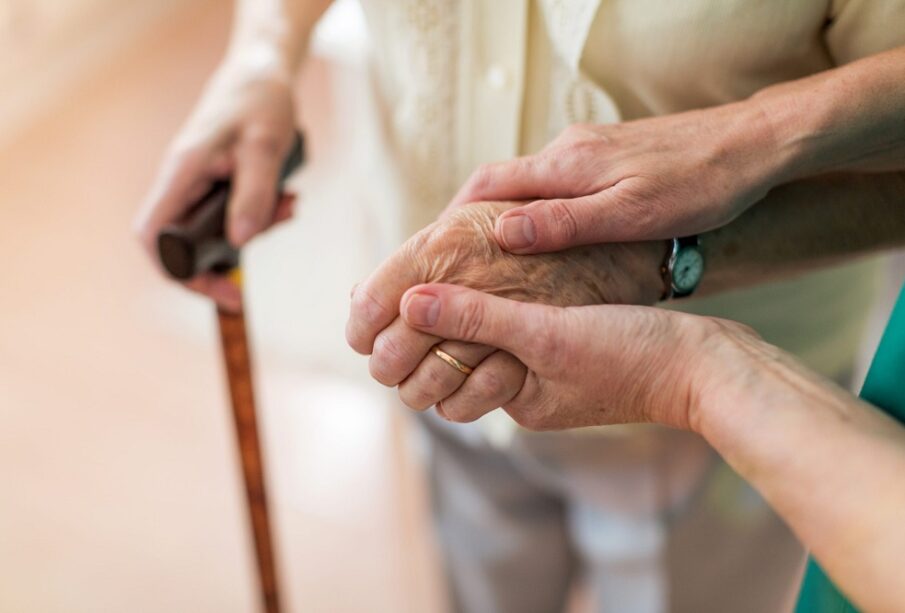Hospice Care, The End Days Of Life Care

The term hospice care refers to the medical care provided to patients who are suffering from terminally ill diseases like advanced metastasis cancer, AIDS, COPD, etc. It is based on the fundaments or principle of offering the best possible end days of someone’s life. It compromises a very elite health care workers team including nurses, doctors, and paramedics. Hospice care is not aimed at curing the disease anymore, it doesn’t focus on the diagnostic treatments of the patients, and rather it focuses on symptomatic management of the disease like pain relief, better comfort, and easy and peaceful death. Hospice care is therefore also known as the end of life care because it aims at giving the most fulfilling last days of a person’s life.
A person who is at a merge of dying and has few days in his/her hands might go through many different kinds of emotions. He or she may have mixed feelings starting from denial to acceptance to depressions and anger. He or she might question their faith and existence. That is why while giving care to terminally ill patients along with their physical suffering patients’ spiritual, emotional, religious needs are equally attended to thus giving a holistic approach to the care. The doctors suggest Hospice care usually when the patient has 6 months or less than 6 months to live.
Different Levels Of Hospice Care
Based on the patient’s conditions the physician and health care, social worker of the patient decides the level of health care needed by the patient to gain maximum comfort and peace through proper assessment.
-
Home Hospice Care
During the last days of a person’s life, they usually prefer their most comfortable place ie their home. At-home patients feel less lonely and sad with their loved ones around them. A team of health care and social worker visits the patient home and give the care needed to routinely.
-
Continuous Hospice Care
If the patient is suffering from symptoms that need 24 hours monitoring then the care is extended and a nurse stays and provides continuous hospice care at home.
-
Inpatient Hospice Care
If the symptoms of the patient, are severe and need advanced care. You might want to transfer your patient to an inpatient hospice care unit. The patient might ask and search for hospice care near me due to their fear of long separation from their loved ones.
-
Respite Care
Respite care means that any family member can volunteer willfully in taking care of their loved ones. It is usually done in the inpatient’s hospice unit.
Leave a reply
You must be logged in to post a comment.













